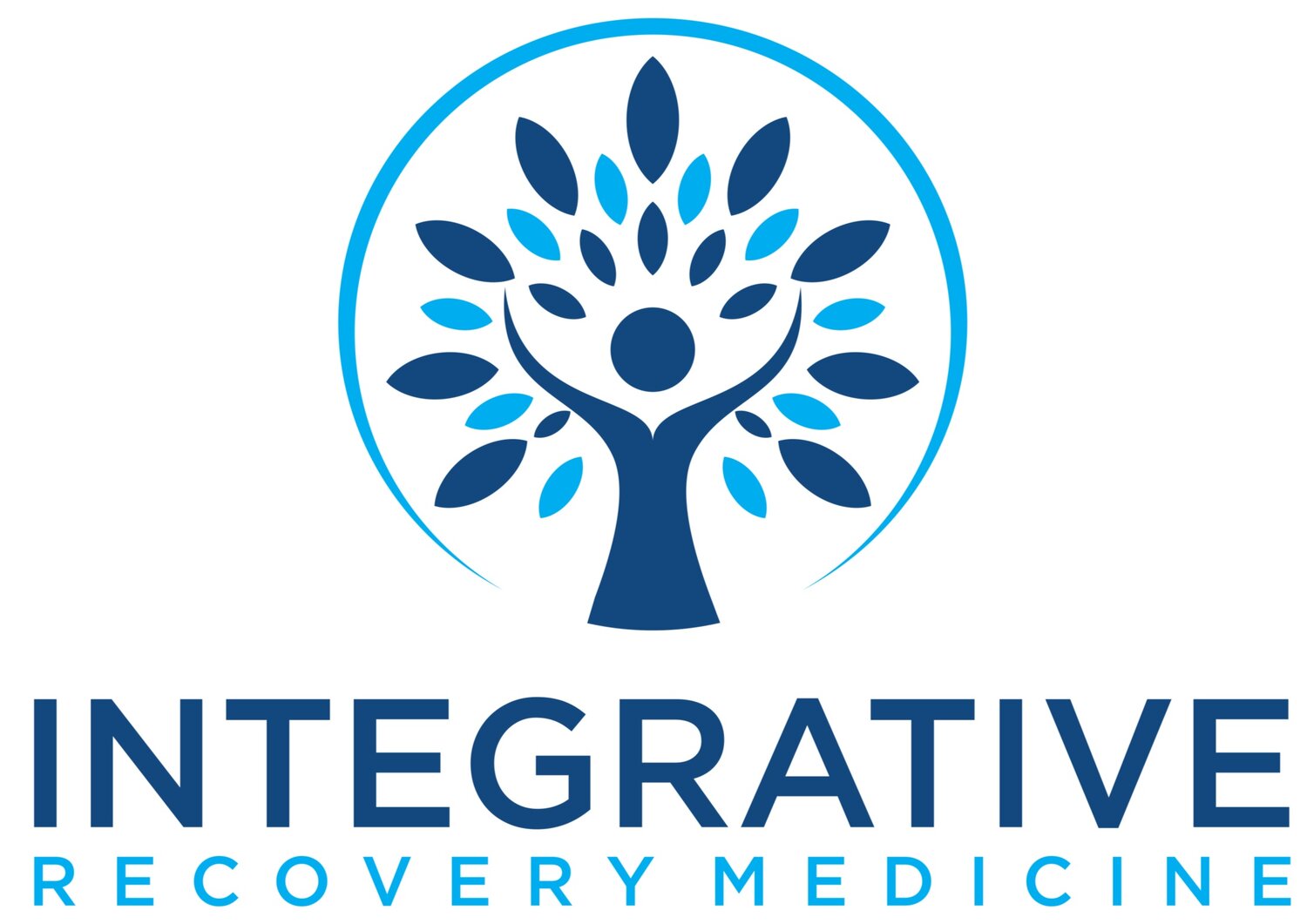3 Common Digestive Problems for Those with Eating Disorders & Ways to Fix Them
Digestive challenges can be a BIG obstacle for people on their eating disorder recovery journey.
Therefore, I always prioritize trouble-shooting this to make sure that they are getting significant improvement.
Honestly, the thing that I spent the most time working on with patients in eating disorder treatment was digestion. Wish I had a dollar for every time I heard or said the words, constipation and bloating.
This is a complex issue and there is some interesting research coming out regarding the gut microbiome and possible related immune issues that could be connected to eating disorders.
Regardless of the origin of digestive-related issues in those with eating disorders, here are the manifestations and some tips.
Starting from the top:
Reflux
For patients that purge, binge, or binge/purge, reflux is a common complaint. These behaviors loosen the round muscle (lower esophageal sphincter) that closes and creates a seal at the top of the stomach. Long-term reflux can result in bleeding, tearing, or cancer in the esophagus. In severe cases, an acid-blocking medication may be indicated to permit healing.
There are natural alternatives for those that don’t have severe reflux or are transitioning off of acid-blocking medication. Deglycrrhizinated licorice prior to eating can prevent reflux. Aloe vera juice, 1-2 ounces is my go-to if experiencing symptoms of reflux.
I encourage patients to reduce fluid intake and eat more condensed foods versus bulky foods. Foods that can make reflux worse include those that are high in fats (like fried foods), high in acid (like tomatoes), chocolate, alcohol and peppermint. Yes, peppermint can be helpful for some digestive issues however it can make reflux worse.
Bloating
The key to treating bloating is to support digestive processes. Often a full-spectrum digestive enzyme prior to eating will be effective enough on its own. Treating constipation, if present, is helpful to prevent the sensation of bloating. At times, people may be eating too much fiber that can contribute to bloating. Probiotics can be an effective tool also.
Constipation
It’s important to ensure that there is adequate food intake or constipation will be present. I always say, “no food in equals no food out”. Adequate hydration is always essential for the treatment of constipation. Magnesium citrate 300mg three times a day can have a laxative effect without concerns of damaging the digestive functions or dependency risk like with a stimulant laxative such as Ex-Lax.
I do want to give an honorable mention to Betaine Hydrochloric acid. It’s my FAVORITE supplement for digestive support. I will write about this more in another article as it can be tricker to use.
Being in a fight/flight/freeze state is NOT supportive for good digestive processes. So, I certainly encourage participation in activities that counter this such as yoga, deep breathing, and getting bodywork such as massage to help with relaxation.
Eating disorder behaviors may provide immediate relief for digestive discomfort, however, they are making the cycle worse. The digestive tract cannot heal while engaging in behaviors. Working with an experienced eating disorder therapist to be able to tolerate the discomfort is very helpful.
If you or a loved one is struggling with an eating disorder, consider contacting the National Eating Disorders Association Help Line for resources.
